

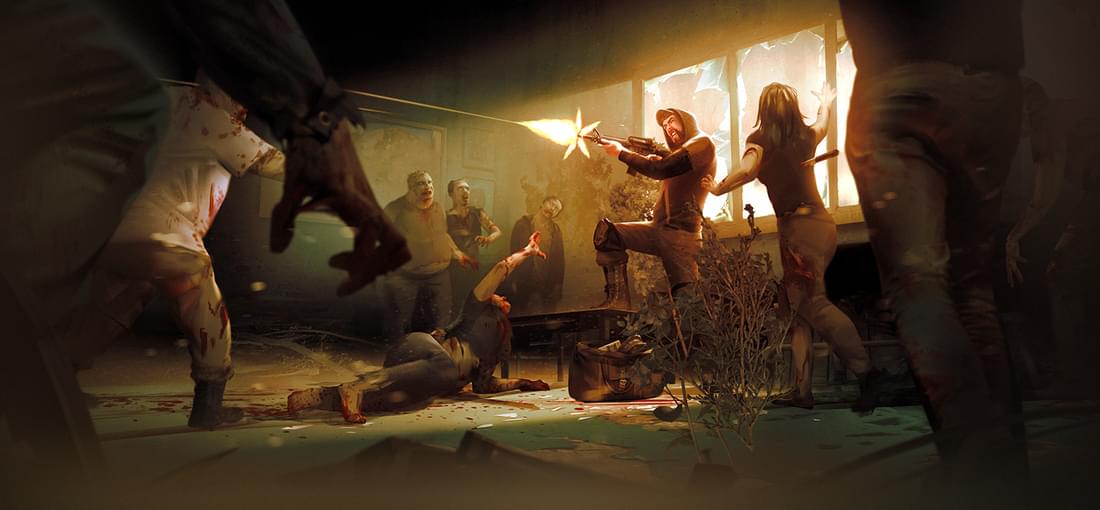
The Last Stand: Aftermath is a game focused essentially on very simple mechanics, which is doesn't pad with excess bells and whistles. But that's not necessarily a bad thing. Essentially, the game is an isometric exploration slash stealth slash action game, with heavy emphasis on action. Stealth only helps you so far - eventually you'll find yourself slogging it out with the zombies the old fashioned way. Learning the ropes is easy enough, and there's a genuine sense of progression through the game. As you get better, learn what's important to focus on and are able to unlock the various upgrades the game offers (better stats, better starting equipment etc.), progression becomes easier but you'll still get done quickly if you blunder. The infection rate, which is essentially a decreasing health bar that will result in death at some point, feels way too oppressive at first, but can be mitigated through various means as you progress through the game. As a slight con, the maps are not randomly generated, and there are only a few map types per locale. So you'll scour the exact same camps, neighbourhoods and bases time and time again. The game also seems to populate every map in a region with the same (luckily non-regenerating) amount of special zombies. Despite some minor bugs and a few design flaws the game is fun and enjoyable while it lasts. After getting to the end, there's very little replay value. By that time, the game has revealed all of its tricks and becomes pretty repetitive. But the game does what it does well enough. So I'd say this is one for the zombie buffs, and not necessarily a game worth full price. Snag it off a sale and enjoy it as a snack between bigger games.
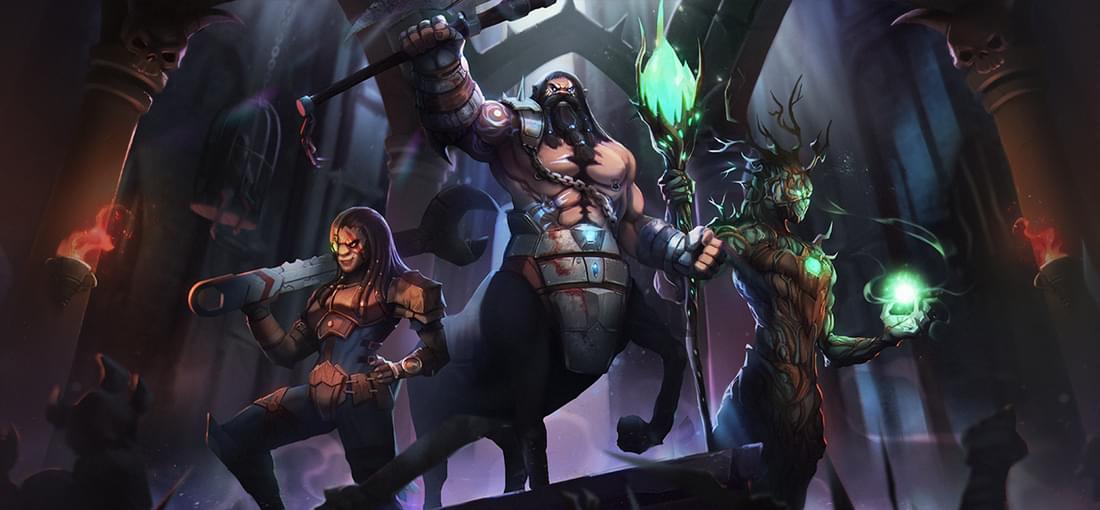
First of all, the game is extremely unstable. More often than not, it will crash on startup. Getting the game to run is more complex than the game itself. Because the game itself is a pretty shallow experience. Pseudoroguelite management/tactical game with turn based combat. It's a simple matter of pitting the right strength against the right weakness both on offense and defense. The tactical element is pretty thin, and the fights brief. Fun for an evening or two, if you can get it to run.
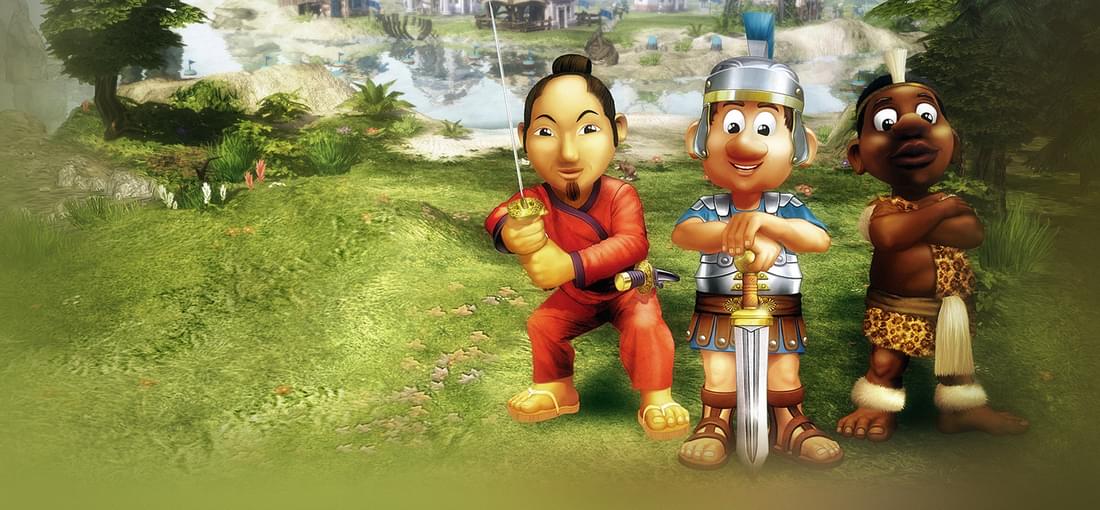
This could be a good game. It's a deceivingly simple strategy game of building an ever-expanding empire of Lemmings-like mini-men, where key things are resource management and infrastructure. Surprisingly complex product chains and the importance of balancing everything from production to transport gives the game surprising depth. Sadly, this 10th anniversary edition is riddled with bugs which largely make the game unplayable. For example, randomly a specific mine type will receive no food even if the sliders are set to deliver food ONLY to that mine. Or flour will not be sent to bakeries, even if there is ample surplus of it. Or a random building will receive no materials. This leads to the game becoming, in essence, unplayable, as you are unable to progress when the bugs entirely halt production of necessary items. It is a shame that this remake of the classic is such shoddy work. The half-baked 3D visuals are another point of annoyance, adding in essence nothing to the crisp and clean look of the original. Had it been done properly, Settlers II 10th Anniversary would be great. Now it's just broken.
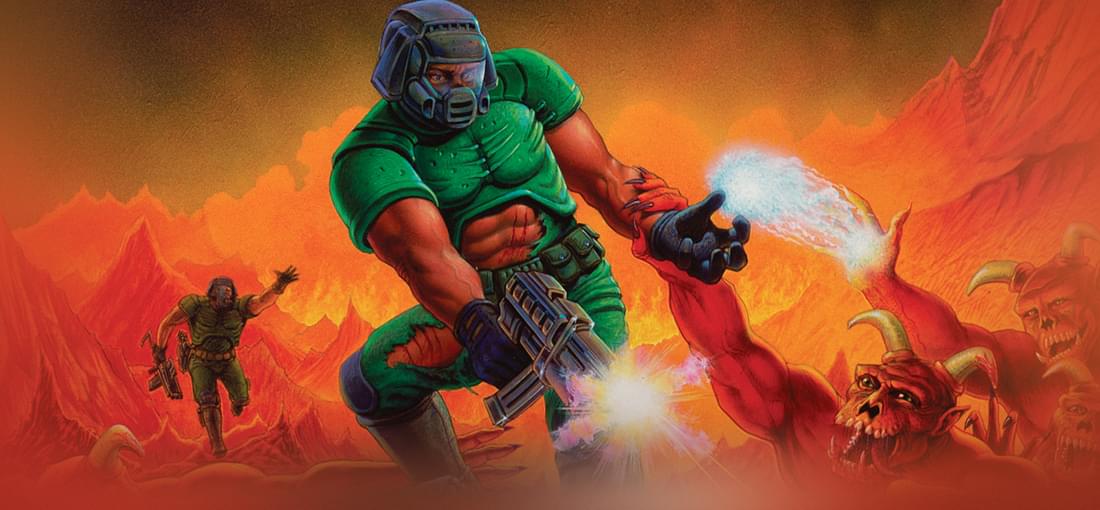
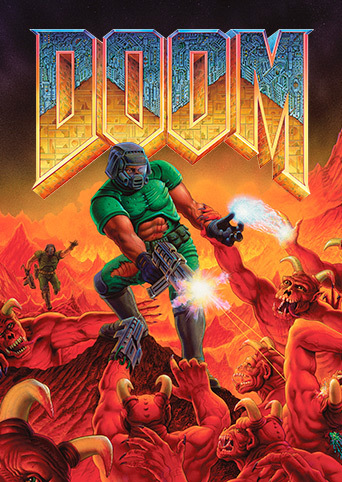
I remember seeing Doom for the first time in '93 or '94. I, like most of my contemporaries, was awestruck. How could a game look this good, and feel so... real? Sure, we'd played Wolfenstein 3D and other early FPS's, but somehow Doom took everything to another level. It was a revolution, and suddenly first-person shooters were the thing. Nothing else would do, as far as shooters went. Revisiting Doom 30 years later, of course the graphics look crummy and the gameplay feels archaic. The FPS genre has evolved in leaps and bounds. But still, Doom has a strong charm of its own. Outdated and outmoded as it may be, it is still a genuinely good game. Tough but balanced levels, action combined with simple puzzles, jump scares with fierce fire fights - Doom is a game that was not merely technically ahead of its time, but relied on solid gameplay and level design. I bought the game with the intention to just demo it a bit for my kids. "Take a look at this, this is what was the apex of graphics and gameplay back when your old man was your age." I did not expect for the game to hook me in again and have me play all chapters in just a few days. But it did. Old-timers and younguns alike will do well to check this out. Us old farts can take a trip down memory lane, whilst younger gamers can partake in a bit of video gaming archaeology and visit the game that made FPS's the biggest thing in shooting games. And, at the same time, discover a genuinely good game.
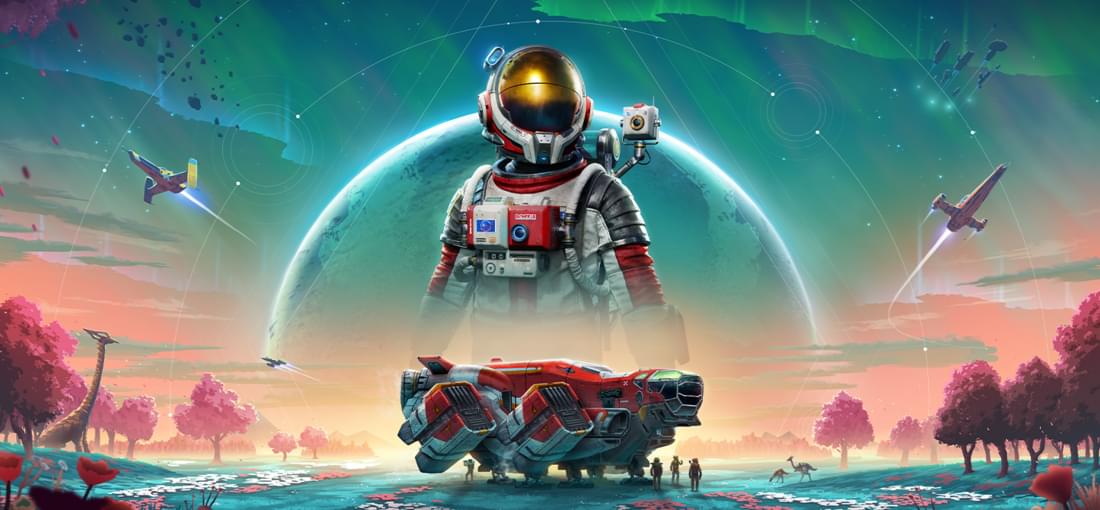
Apparently I'm one of the lucky few, as on my rig the game runs smoothly all maxed out apart from the occasional, rare hiccup. The only bug I've encountered so far is the inability to properly reconfigure controls; my generic brand gamepad is not recognized, and the same applies to the fourth and fifth buttons of my mouse. The gameplay mechanics are simple and the aims are repetitive. However, at no point has No Man's Sky promised a game with complex mechanics bristling with action and suspense. People who expect that have obviously been waiting for some other game than No Man's Sky. NMS is all about slow-paced, relaxed exploration: what's behind the next hill, what's on that planet over the horizon, what awaits in the next solar system? The simple resource gathering, crafting and inventory management serve no other purpose than sort of forcing the player to explore the worlds he or she encounters. For what it is, and promised to be, NMS is a great game. It's fun to explore and discover new planets, places and creatures without a sense of urgency. It's not a game for people who want action and events.
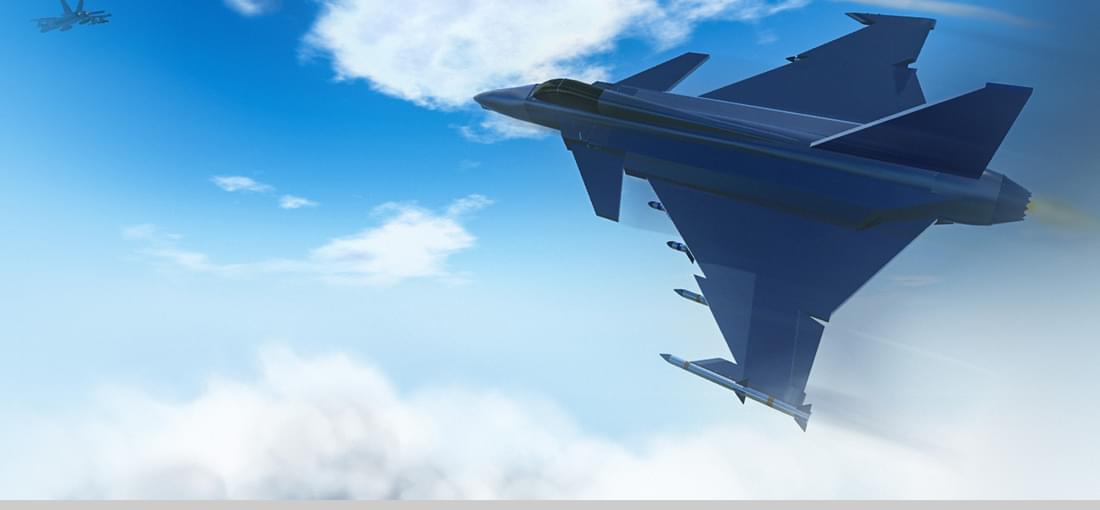
Building planes is fun, trying to get them off the ground and be maneuverable in the air is tricky but rewarding, flying is fun, but ultimately there's really little do here except build something and play around with it for a bit. Dogfights, especially with missiles, are boring and at least the version I bought in Jan 2016 featured only 1-on-1 dogfights. So in a nutshell: the building is fun, but beyond that, there's not much of a game here.